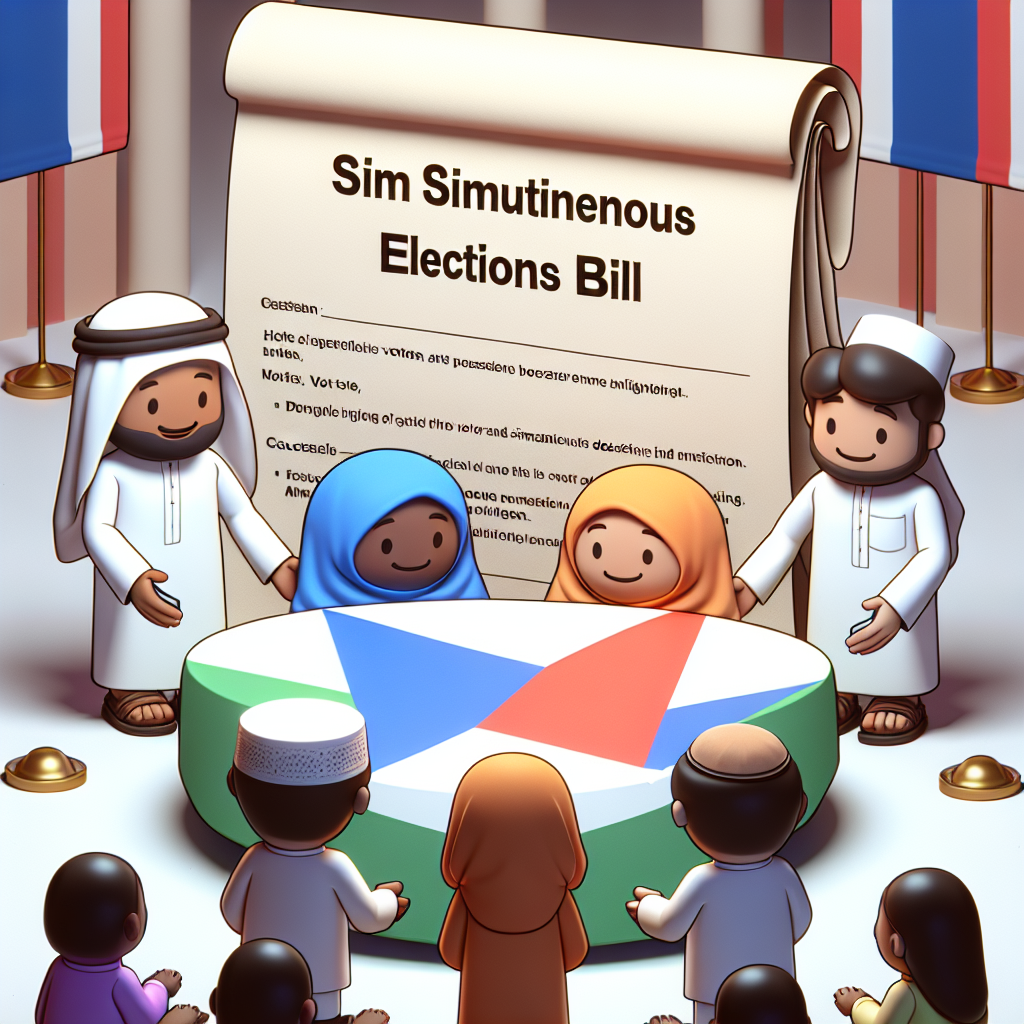Bangladesh's Election Dilemma: A Quest for Democracy
Bangladesh faces potential instability if elections aren't held by December, warns the opposition BNP. An interim government, led by Nobel laureate Muhammad Yunus, proposes delaying elections until 2026. The BNP seeks immediate elections, fearing public unrest and aiming for a democratic transition amidst a fractured political landscape.

Bangladesh's political landscape faces a critical juncture as the main opposition Bangladesh Nationalist Party (BNP) warns of potential instability if elections are not conducted by December. The concern arises following remarks by Muhammad Yunus, leader of the interim government, suggesting a potential delay of elections until 2026.
The interim administration, led by the Nobel Peace Prize laureate, assumed control in August amid chaos and protests that forced Prime Minister Sheikh Hasina to seek refuge in New Delhi. The BNP, eager for a return to democracy, fears that postponing elections could incite public unrest.
Abdul Moyeen Khan of the BNP emphasizes the urgency of holding elections within the year to avoid complicated outcomes. Meanwhile, internal BNP surveys signal a confident victory, with acting chief Tarique Rahman poised for a political return, as legal barriers against him are being resolved.
(With inputs from agencies.)
ALSO READ
Cuban Dissident Serves Hope: Ferrer's Fight for Democracy Through Soup
Tributes to Ambedkar: A Beacon of Equality and Democracy
Congress Condemns ED Chargesheet Against Gandhis as Democracy's 'Murder'
Canadian Politics and Hockey: When Democracy Reschedules
Training the Guardians of Democracy: Booth-Level Agents Prepared for Bihar Polls










